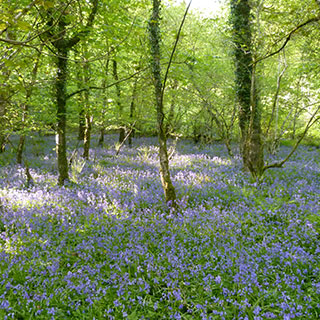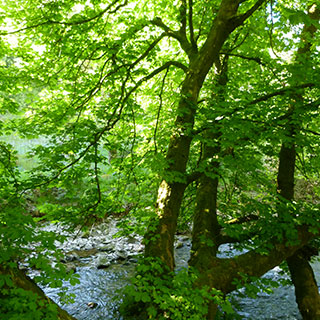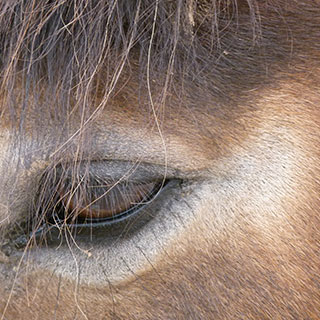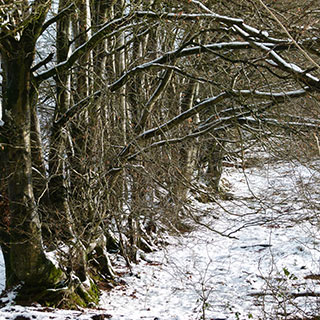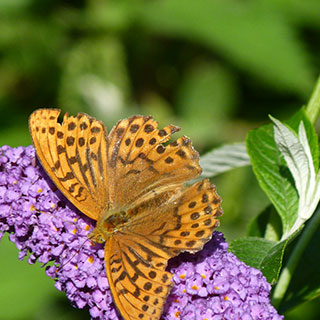The Exmoor Trust improving Exmoor’s future and protecting its past.
Exmoor was designated a National Park in 1954 because of "the striking quality and remoteness of much of the scenery, the harmony between man and nature it displays, and the opportunities it offers for suitable forms of recreation combined over extensive tracts of distinctive countryside which provide a sense of wildness"
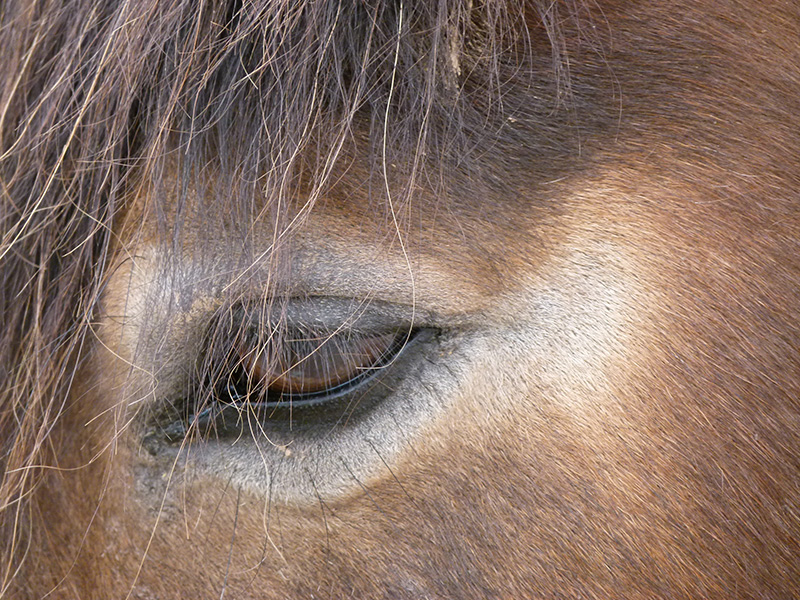
Exmoor, setting of the great novel Lorna Doone, combines the rugged north coastal landscape with the high isolated moor, but set within both are the secret combes and valleys which give Exmoor a unique allure. It is home to many special and endangered species, including the Exmoor Pony and rare Fritillary butterflies, and has the largest concentration of red deer in England. Within the boundaries of the Park are also a number of Sites of Special Scientific Interest, protecting rare and endangered habitats.
SO THE EXMOOR TRUST ASKS FOR SUPPORT FROM lovers of Exmoor, and those who wish to help conserve the dwindling wilderness areas of the world, wherever they may live.
We therefore seek to raise money to:
Help obtain other grant funds for specific proposals.
Provide direct support for which no other source of funding is available.
Thanks to our charitable status, we can reclaim gift aid on all donations made by UK taxpayers.
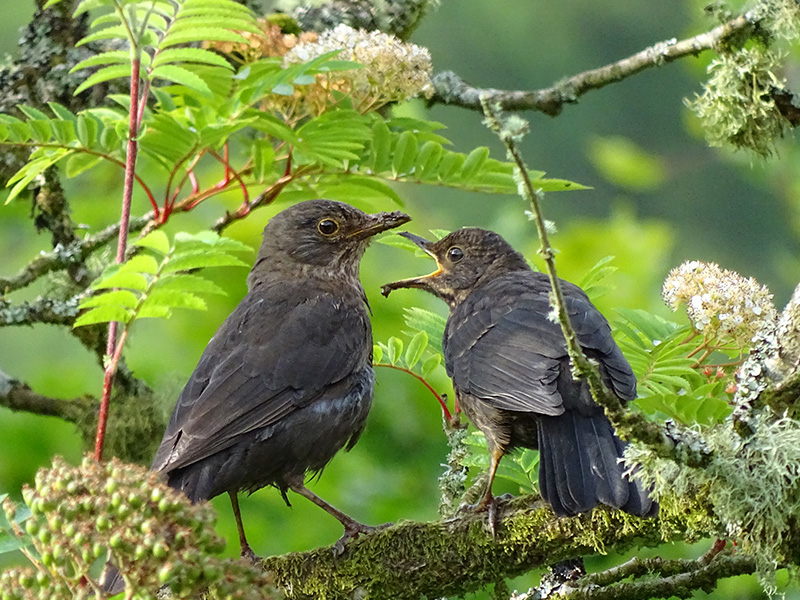
Why were we formed
Until the Exmoor Trust was formed, there was no dedicated, independent body committed to raising funds on a major scale for the benefit of the Greater Exmoor area. Central Government funding is never adequate to cover all the projects needed to maintain and improve such a unique area. Moreover other sources of funding, from the Countryside Agency, the Rural Development Agency and the EU, sometimes require matching funds to be provided. The Exmoor Trust was registered as a charity in 1999, and as a company limited by guarantee.
Aims and Objectives
The Exmoor Trust’s aims are three-fold:
- To conserve and enhance for the public benefit the area known as Greater Exmoor;
- To encourage the public to appreciate and respect all aspects of its historical, physical and cultural environment;
- To further such charitable purposes for the benefit of Exmoor as the Trustees shall determine from time to time.
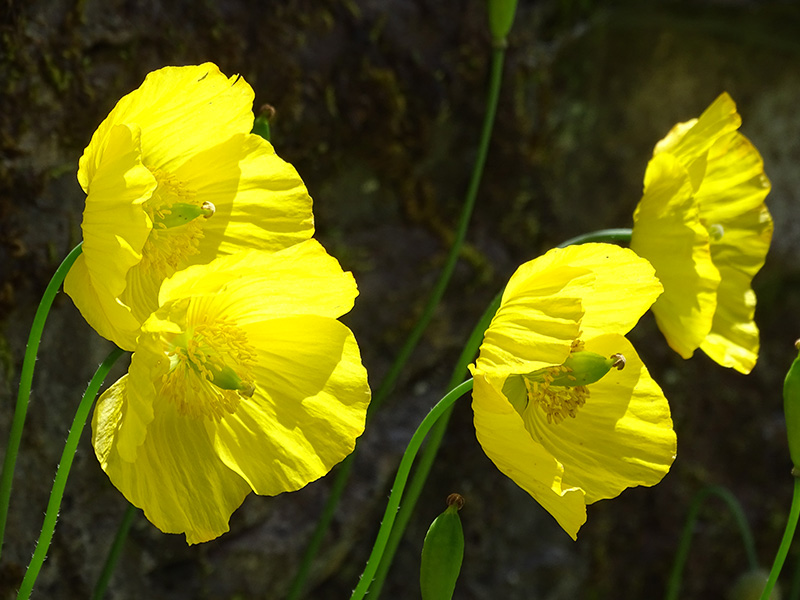
The Greater Exmoor area, covered by the Exmoor Trust’s remit, extends from Watchet to Combe Martin in the north, to South Molton and Clayhanger in the south, and includes Minehead.
In pursuit of these aims, the Exmoor Trust’s tactical objectives are to support a broad range of issues relating to the inhabitants, ecology and environment of Greater Exmoor. These objectives are achieved by raising, managing and dispersing funds in an efficient and cost-effective manner, and by using its influence and expertise to help, support and sustain the communities within Greater Exmoor.
Overall, the Exmoor Trust seeks to achieve, in a sustainable and enduring way, a happy balance of interests which will continue to provide vibrant community life, interest for the public, the preservation of the wildness of the environment and above all, hope for the future of this unique place.
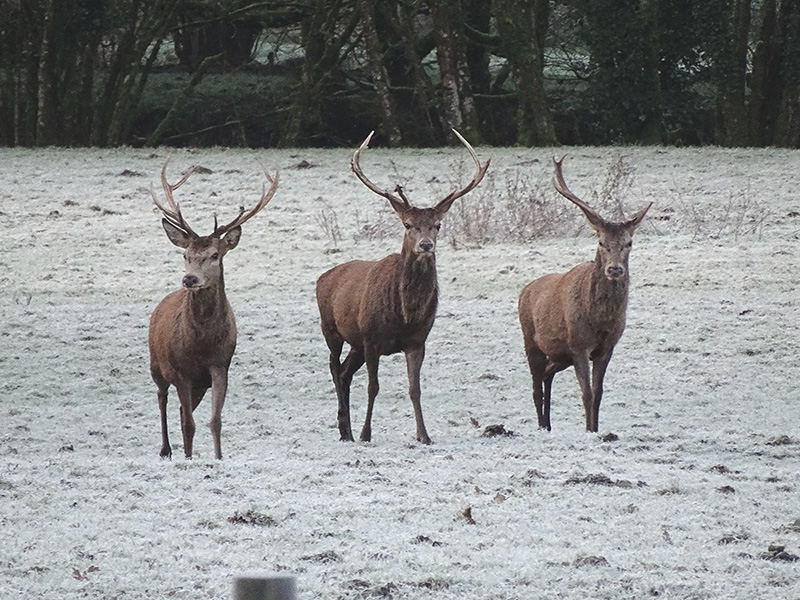
Influence
What does the Exmoor Trust do?
The Exmoor Trust is different from other organisations operating within the Greater Exmoor area in that it seeks to work independently to provide direct and speedy support where appropriate. All applications for grants will be considered at trustee meetings.
Our income is derived from gifts, fundraising events and membership fees, as well as invested income. We disperse on average grants of £4,000 per annum. During the Trust’s first decade significant income was raised on investments. A successful appeal was launched in 2010 to generate funds to compensate for the loss of this income in the current financial climate.
Our contribution is not always financial. The Trust is represented on a number of initiatives addressing the key issues for Greater Exmoor and our close links with the Exmoor National Park Authority (ENPA) and other local authorities enable us to join and participate in many of the groups involved in the operation of the Park and in developing improvements for its future. The Exmoor Trust seeks to elicit support from people willing to provide their time and expertise to further the Trust’s aims or to contribute financially.
The Trust has to date also organised three successful symposia on Exmoor, on broadband and renewable energy. Most recently the Exmoor Trust has taken on the lead role in the management of national funds to support renewable energy projects in the Greater Exmoor area.
The Exmoor Trust is a small organisation. Individual membership of the Trust can be as a life member or as an annual member. (Join the Exmoor Trust)
Beneficiaries
Our brief covers a wide range of initiatives and potential areas of assistance from seed corn funding to disaster and emergency response. All applications for grants will be considered at trustee meetings.
We maintain close connections with local statutory bodies with particular reference to conservation, education, tourism and rejuvenation.
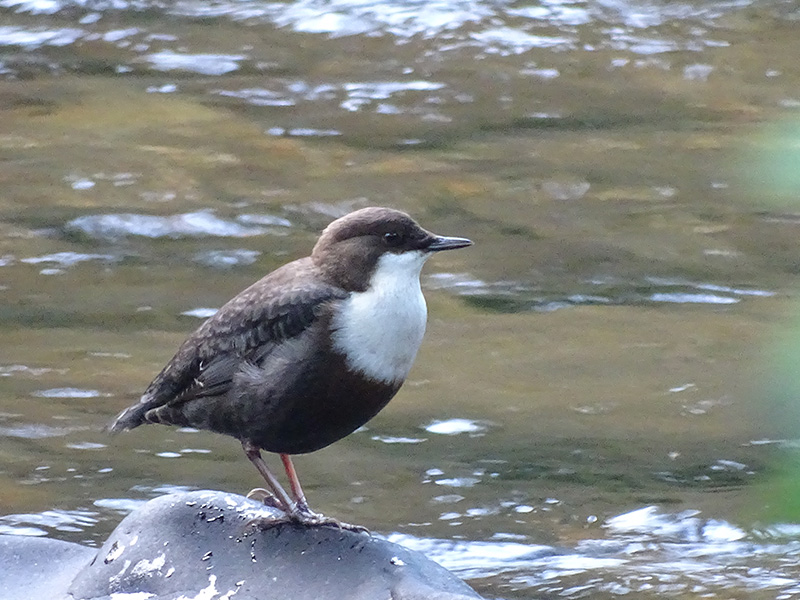
For example, between 1999 and 2010, the Exmoor Trust made grants for the following causes:
- The compilation of a genetic database for the Exmoor Pony breed (by the Exmoor Pony Society)
- A central store of adventure training tools (maps, etc.) for exploring Exmoor (for Exmoor schools)
- Supporting families suffering from the impact of the Foot & Mouth Disease outbreak in 2001; Promoting tourism to aid economic recovery
- Supporting initiatives bringing future economic benefit to Exmoor, such as the Two Moors Music Festival, the Lynton Walking Festival and the new Skills for Life Programme for Young Farmers and the Dunster Youth Music Festival
- Organisations that suffered from the impact of the Foot and Mouth Disease outbreak such as the Youth Hostels, Scouts, Search and Rescue, and sports facilities
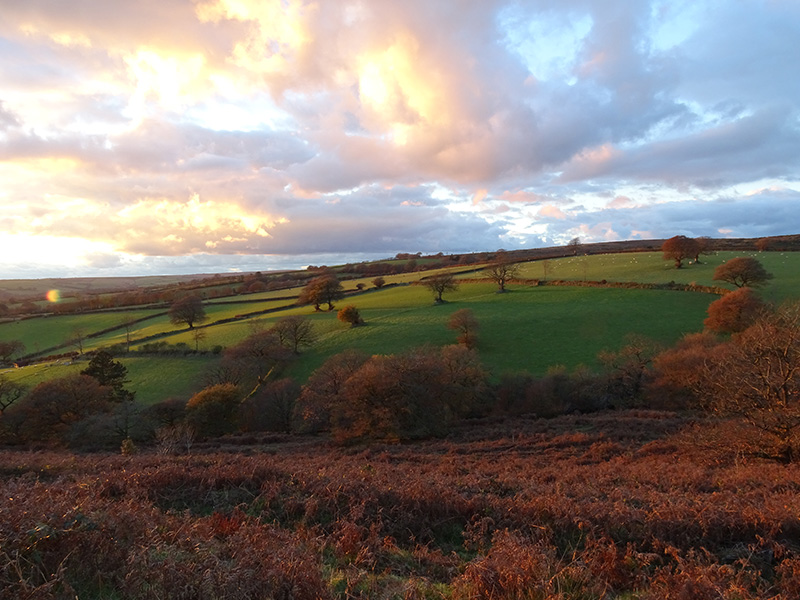
Trustees' Special Interests
Our Trustees have individual leadership roles in addition to their collective role as charity Trustees and Directors.
The Strategic and Fundraising Group comprises Susan May (Chairman), Maureen Best, Archie McIntyre, Paul Barrows, Gina Barrows and Ms. Rebecca Whitehead.
The Education Group is led by Maureen Best.
In addition, we provide representatives on many local action panels:
- ENPA Consultative Forum: Susan May
- ENPA Moorland Panel: Susan May
- EPNA Carbon Neutral Group: Archie McIntyre

